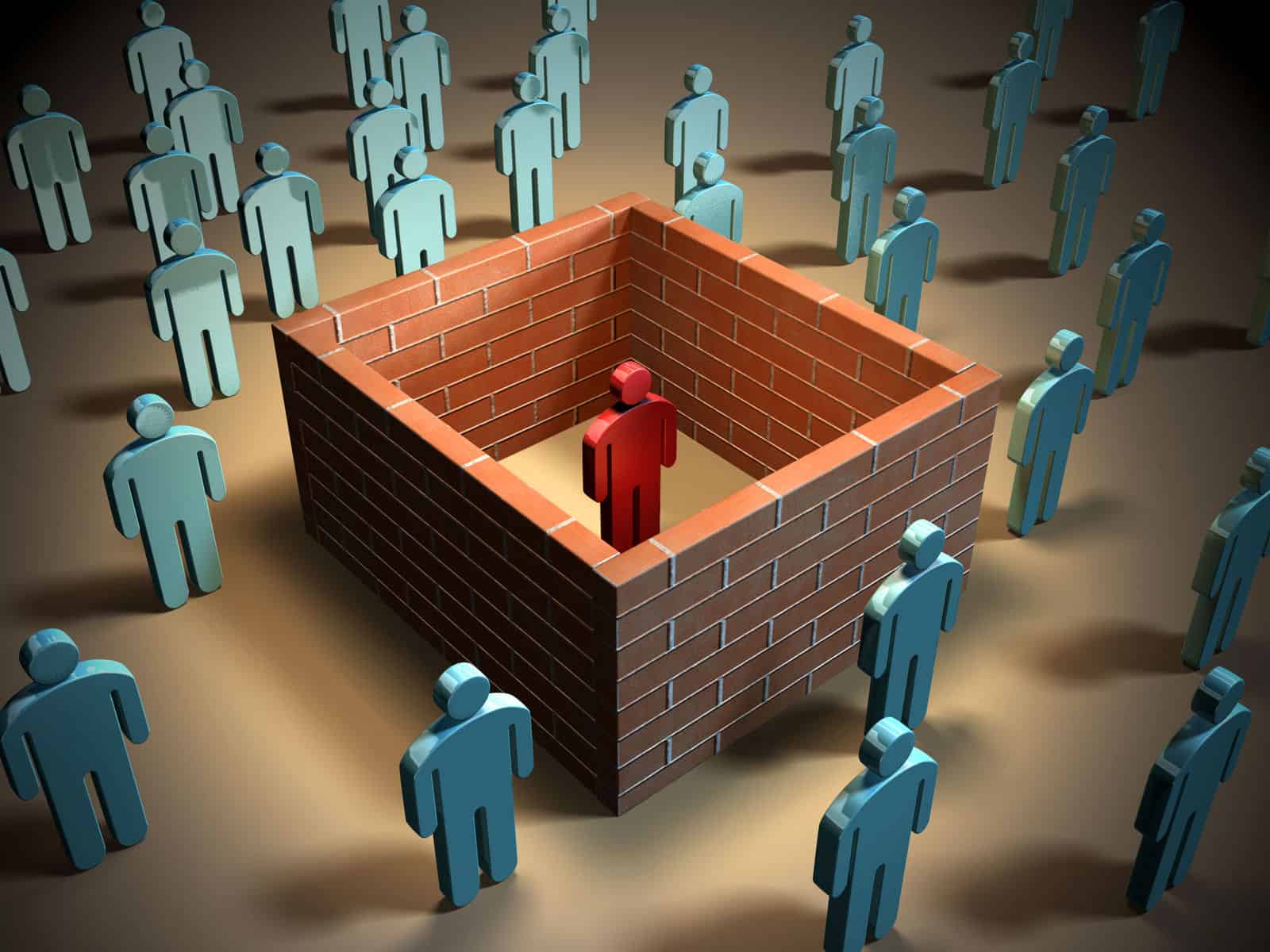Have you heard about keeping a ‘self help journal,’ but wondered how writing about your daily life could actually help with your anxiety and depression? Journalling can be far more than logging events. I want to shed some light on some new ways you can use journaling to ease anxiety and depression (as well as many other benefits).
1. Record Your Feelings and Moods.
Instead of just recording what happened to you in a day, focus on recording what you are feeling and thinking. This can serve a very practical purpose… you can track your moods. It can also slow down the thought process which is necessary to take what is happening in your mind to place it on paper. It leads to a greater level of contemplation about your experience. You can start to notice what is cueing your anxiety and depression that you hadn’t recognised before. And when you are feeling overwhelmed by low moods you can look back in your journal and remind yourself that you are not always this ‘way’ which adds a context of time to your experience and allows you to recognize things can and will change.
Are you someone that struggles to know or access your emotions? Keep trying... A surprising thing may start to happen... you may start writing things you didn’t even realise about yourself. The use of writing allows you to access different parts of your brain that don’t get activated simply sitting and ruminating on thoughts.
*Largest Benefit: Self awareness*
2. List Three Things You Are Grateful For Daily.
The idea of gratitude is something talked about frequently, but this is because it really works.
Write down three things you are grateful for each day, even if they are small things that only make sense to you. Making it an intentional act to write things that you are grateful for already sets your mind in pursuit of finding things throughout your day (just to make the journaling process easier!) and you will shift your perspective in the process. To magnify the power of this, try to actually feel grateful as you write them. If you can’t access any feeling, you might be writing down what you think you should be grateful for over what actually makes you feel good. This can redirect you to something more internal rather than what society tells you.
*Largest Benefit: Better moods and change of focus.*
3. List Your Accomplishments.
Pride in our accomplishments and attributes can be a difficult thing to express outwardly or inwardly. The inner critic is so loud and persistent for some of us and pride tends to get mixed up with hubris or arrogance, so we avoid expressing pride in ourselves to others. This idea is actually influenced by cognitive behavioural therapy (CBT), allowing you to track what you actually do with your time, rather than rely on generalizations such as “I don’t do anything” or “I fail at everything” which can lead to depression. Many of us tend to entirely overlook our own accomplishments, or compare ourselves to others so much we don’t recognise the effort we make in life. If you have a challenging day where you feel nothing got done, look for small things you take for granted. When this is discussed in session, what I often hear is “I shouldn’t be proud of things that I just should be doing.” Something similar occurs when I ask parents if they praised their child for doing something they asked them to do… “I don’t think I should have to thank them for doing something they should be doing already.” This mindset denies the natural reinforcement we gain from positivity and appreciation (internal and external). Recording what we achieve inspires us to keep achieving.
*Largest Benefits: set and achieve more goals and raised self-esteem.
4. Work On Balanced Thinking.
A cognitive therapy tool you can try in your journal is called a ‘thought record.’ You challenge your thought by finding its opposite, and the facts that you actually have to support both sides. This helps bring you back to a sense of neutrality with your thoughts which is the ideal place to remain. It can feel a bit tiresome at first, but it soon can become habit forming as you start to realise how much power you actually have to change your perspective and moods. Over time, the process becomes natural and you start catching and challenging negative thoughts in your mind.
*Largest Benefit: Thought neutrality and thought clarification*
5. Do a Brain Dump.
For this journaling technique, it can help to not use your actual journal but some loose sheets (or tear some pages out). Make a promise to yourself that you will rip up the pages afterwards... this creates a safe space for your unconscious mind to really unload. Write out anything and everything you feel, even if it feels childish, crazy, or mean. The page doesn’t judge and nobody is going to see it, because it all gets ripped up. Write fast, messy, outside the lines and you don’t need to read it after.
*Largest Benefit: Break through stuck emotions and increased calm*
If you, or someone you know, would like help with anxiety or depression, consider contacting me at (717) 288-5064 / gregghammond@restoringbalancelancaster.com and schedule an appointment today.













